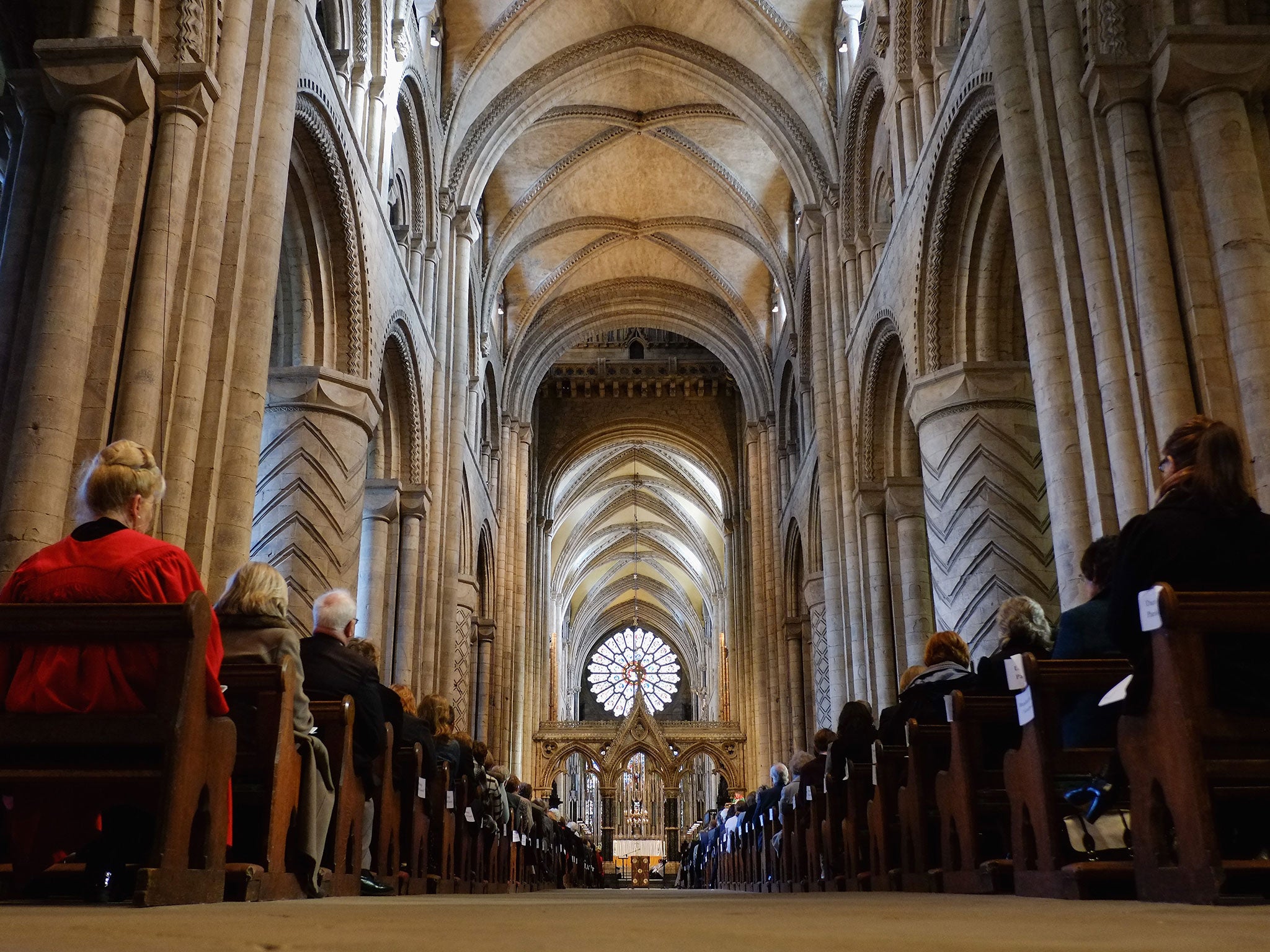Pact between Churches of England and Scotland 'needs rethink'
Scottish Episcopal Church says the Columba Declaration has caused them 'deep hurt' and should be scrapped

Your support helps us to tell the story
From reproductive rights to climate change to Big Tech, The Independent is on the ground when the story is developing. Whether it's investigating the financials of Elon Musk's pro-Trump PAC or producing our latest documentary, 'The A Word', which shines a light on the American women fighting for reproductive rights, we know how important it is to parse out the facts from the messaging.
At such a critical moment in US history, we need reporters on the ground. Your donation allows us to keep sending journalists to speak to both sides of the story.
The Independent is trusted by Americans across the entire political spectrum. And unlike many other quality news outlets, we choose not to lock Americans out of our reporting and analysis with paywalls. We believe quality journalism should be available to everyone, paid for by those who can afford it.
Your support makes all the difference.The Columba Declaration was billed as an unprecedented agreement between the Church of England and the Church of Scotland, recognising the similarities between their respective worshippers.
But it now seems that far from bolstering relations between worshippers, the pact has sown the seeds of religious discord, with the leader of one of Scotland’s smaller Churches describing how it has caused “deep hurt” and calling for the agreement to be scrapped.
David Chillingworth, the Primus of the Scottish Episcopal Church, announced his opposition to the pact in a series of blog posts, warning that the proposals could lead to the Church of England meddling in Scottish religious affairs and that the sidelining of his Church’s 35,000 members could put its relationship with the Church of England in “real difficulty”.
The 15-page Declaration, named after the fifth-century Irish missionary St Columba who is said to have introduced Christianity to Scotland, commits the two Churches to “grow together in communion and to strengthen our partnership in mission”.
The document was jointly authored by Church of Scotland minister John McPake and the Bishop of Chester, Peter Forster. In a joint statement, the pair said they hoped it would “affirm and strengthen our relationship at a time when it is likely to be particularly critical in the life of the UK”.
However, in a blog post entitled “Columba Declaration: time for a rethink”, the Most Rev David Chillingworth criticised several aspects of the pact and called for it to be redrafted.
“The Church of Scotland and the Church of England seem to have decided that their commonality as national Churches justifies them in setting aside other ecumenical relationships and etiquette,” he wrote.
Before being formally adopted by both organisations, the Columba Declaration will be debated by the Church of England’s General Synod next month and then by the Church of Scotland’s General Assembly in May.
Responding to the bishop’s comments, the Church of Scotland denied that his organisation had been sidelined. “The joint study group report and the Columba Declaration are the outcome of ecumenical work that has been under way since 2010,” a spokesman said.
“The Scottish Episcopal Church was a full partner in the joint study group until it chose to withdraw from active participation in 2013. From that point on, the Scottish Episcopal Church continued to attend as an observer.”
Join our commenting forum
Join thought-provoking conversations, follow other Independent readers and see their replies
Comments